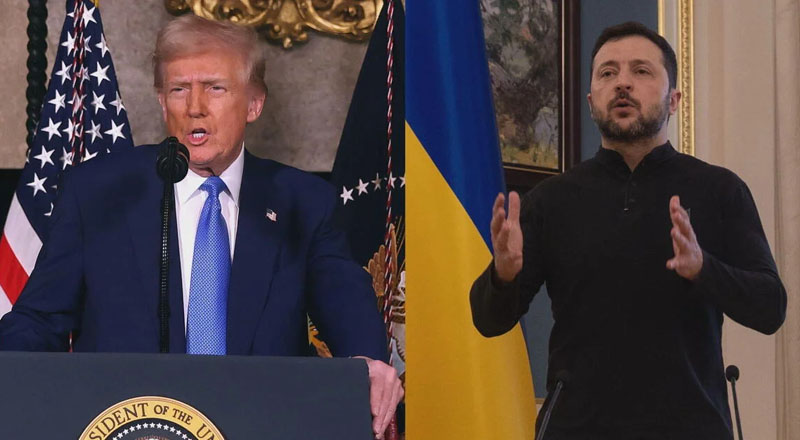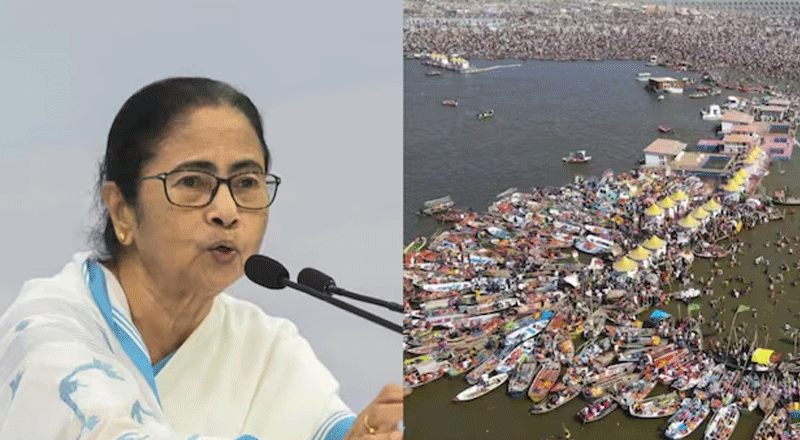A day after the Karnataka High Court dismissed petitions challenging the ban on hijab at some educational institutes in the state, MP Asaddudin Owaisi said all religious symbols except hijab would now be allowed at these schools.
Aday after the Karnataka High Court dismissed petitions challenging the ban on hijab in some educational institutes in the state, AIMIM chief and Lok Sabha MP Asaduddin Owaisi said that all religious symbols would now be permitted in these institutes except the hijab.
In an exclusive interview with Aaj Tak, Owaisi said, “I disagree with the court judgment, like I disagreed with the Supreme Court’s verdict on Ram mandir. It is my right to disagree with the court. Now, all religious symbols will be allowed in schools except the hijab. Earlier, a BJP minister in Karnataka had said institutes shouldn’t stop girls if they wear sindoor.”
QUALIFIED SPACES
Speaking on the judgment, Owaisi said the court had referred to ‘qualified spaces’ where some restrictions on freedoms can be imposed in order to ensure discipline. These include jails, army camps and schools, as per the judgment, Owaisi said.
“How can the court compare schools to jails,” he asked.
Further, he said, “Aren’t Diwali pujas held at police stations? Isn’t the police station a qualified space? So many judges wear tilak and come to court. Is that not a problem?”
‘WRONG QUESTION’
In its judgment, the high court said hijab was not an essential religious practice and, hence, upheld the ban in some educational institutes.
Reacting to this, Owaisi said the court had framed the wrong question. “Will the court decide what an essential practice is? Or religious scholars? The court said no maulana filed an affidavit declaring hijab is essential. Had we known, we could have got all the maulanas to give their opinion
He added, “Besides, the hijab is essential in Islam. Open your computer and read the Quran. Women have been instructed to wear the hijab or niqab. Women have the right to wear the hijab it is only between them and their creator!”
Owaisi also said that the Constitution keeps stressing on pluralism and diversity as opposed to uniformity and homogeneity.
“The girls are not against the uniform. They just want to wear hijab with their uniform. What’s the harm? In Christian schools in UK, girls are allowed to wear hijabs,” he said.
‘WHERE WILL THIS END’
Harking back to a previous judgment, Owaisi said that the court had previously declared mosques non-essential to the practice of Islam on the basis that namaz can be done anywhere.
“You said masjid is not essential and broke our mosque because, apparently, we can do namaz anywhere. Then you stopped us from doing namaz in a public space in Gurugram recently. Where will this end?” he asked.
HIJAB ROW
The Karnataka hijab row emerged on January 1, 2022, when some Muslim students of a pre-university college in Karnataka’s Udupi were not allowed to attend classes wearing a hijab, as the dress was against the prescribed norms of the college.
The protests soon spread to other colleges and districts in the state. A section of college students in Karnataka’s Koppa district wore saffron scarves protesting against allowing Muslim girls to wear hijab inside the classroom. Similar protests erupted in Mangaluru colleges on January 6.





